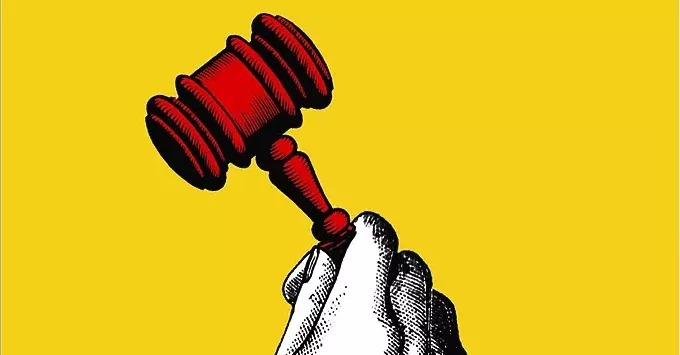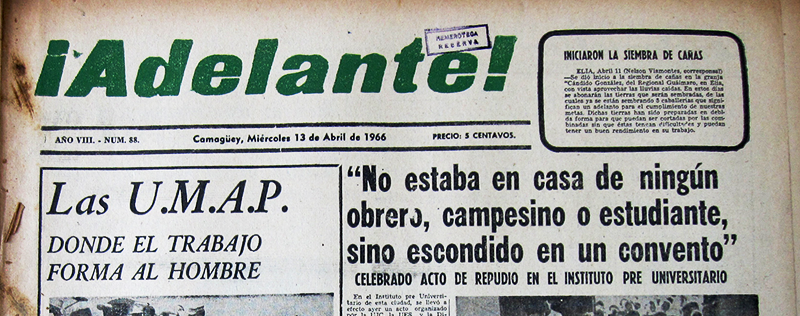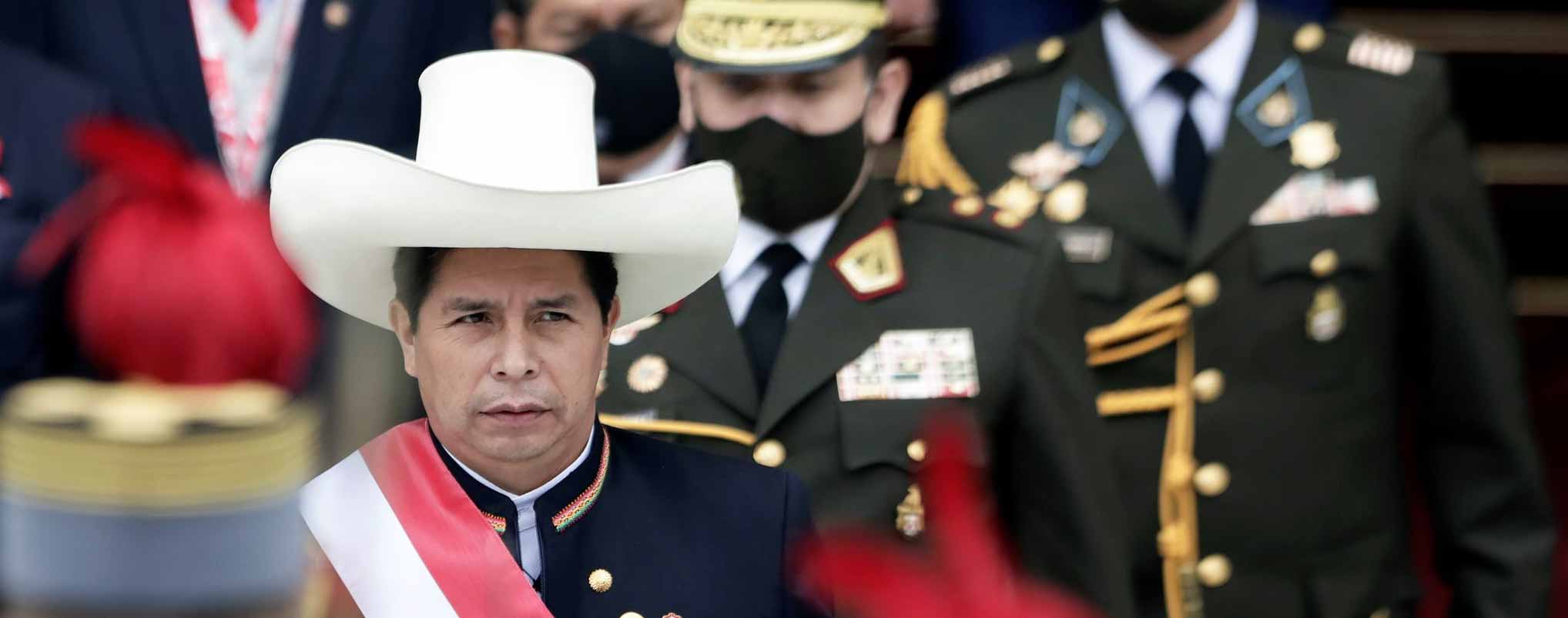Source:El Mundo
This measure undermines legal certainty, equality and judicial independence.
In recent months, the official propaganda media have been repeating the word de-judicialize in a ham-fisted manner, with which they intended to soften public opinion so that it would accept that an amnesty be granted for crimes committed by politicians in the events motivated by the attempted secession of Catalonia in 2017. In one of the commitments agreed to obtain the vote of the seven right-wing Catalan secessionists, decisive to achieve the investiture of what Pedro Sánchez qualifies as a “Government of progress”, its signatories clarify that they have translated that de-judicializing with the term lawfare, much loved in Venezuela, Argentina, Brazil or Bolivia by South American neo-Marxism, and which had already begun to be used in Spain by one of its related formations.
In the extensive exposition of motives -in fact, technically it is a preamble- of the Amnesty Law proposal that we have just seen, judicial independence is not even once contemplated. But, on the other hand, the tendency towards this lawfare can be seen in its weakest part, which is the one that exaggerates ad nauseam the functions of the Cortes Generales, contrary to what results from article 66.2 of the Constitution. All this as a justification to silence for 12 years -from January 1, 2012 to November 13, 2023- the norms of the so-called Penal Code of democracy. In the 1978 Constitution, the amnesty cannot correspond to the Cortes Generales because, according to its article 66.2, they can only exercise the legislative power of the State, approve its Budget, control the action of the Government “and the other competences attributed to them by the Constitution”.
In a regime of a rigid Constitution, such as that of our Constitution of 1978, the legislator -whether organic or ordinary; of the State or of any autonomous community- only acts within the limits set by the Constitution and nothing authorizes him to disavow a law which, once approved and in force, has already entered unavoidably into the reserve of jurisdiction of the courts (article 117.3 of the Spanish Constitution, SC).
This is corroborated by the constituent debates. On April 17, 1978, the Constitutional Committee reported that all matters relating to amnesties and pardons would be dealt with together with the right of pardon (amendment 744 of Mr. Lloréns Bargés, of the UCD), and in this matter amendment 697 of the Communist Parliamentary Group, which proposed adding that the Cortes Generales “adopt the fundamental political decisions”, was expressly rejected. This small detail has escaped the drafters of the Amnesty Bill.
Among the limited competences attributed to the Cortes by Article 66.2 of the EC, that of “amnesty” is not included, which was rejected with amendments 504 of the Mixed Group (signatory: Raúl Morodo) and 744 of the UCD (César Lloréns). Therefore, the pompous statements in the preamble of the Amnesty Bill that state that amnesty “is a legislative power […] within the Rule of Law” and that “it is part of the founding act of Spanish democracy and is presented as a power of the Cortes Generales” or as “a sovereign act of the latter” are inaccurate and constitutionally incorrect.
So are the references to the Constitutional Court and to supranational and comparative law. Our Constitutional Court declares today that the amnesty is a retroactive repeal of criminal laws, and therefore involves an exceptional regime typical of the period of consolidation of new values in the transition from an authoritarian regime to a democratic one. That is why a 1984 law was declared unconstitutional, as contrary to the principle of legal certainty (art. 9.3 SC), which attempted to complement our 1977 amnesty with a labor regime of imprescriptibility of actions when the 1978 Constitution was already in force (STC 147/1986, of November 25, FJ 2 and Judgment). That is what the Constitutional Court says and not what the preamble of the proposal would have you say.
It seems sarcastic, finally, that the reference to the 1977 amnesty is made in a text -that of Law 20/2022, of Democratic Memory- which, precisely, questions it. The references to the case Margu v. Croatia of the European Court of Human Rights of May 24, 2014 or to the European Justice, for the Spanish constitutional problem being contemplated, as it results from a simple attentive reading of the cases cited, lack relevance.
In a constitutional democracy there cannot exist -and there do not exist- public functions or powers if they are not attributed by the Constitution itself and, moreover, with the precision of what they consist of, by whom they are exercised, with what procedure and with what limits. The constitutional structure of our social and democratic State under the rule of law (Article 1.1 EC) is complex and is aimed at achieving political balance through the checks and balances arising from the principle of the division of powers. This has been taught so far by the Constitutional Court (for all, STC 124/2018, of 14 November).
No power can intrude de facto in the sphere of another power, nor exercise itself outside the Constitution, or without the Constitution allowing it. We will live in democracy to the extent that all the constituted powers -both of the State and of any of the Autonomous Communities- act in accordance with the provisions of the Constitution, to which they all owe their very legal existence. The Constitution is rigid, so it can only be modified in a loyal, clean and complete application of its reform procedures (articles 166 to 169 CE). Attempting any other way would constitute a de facto way or a coup d’état.
Article 243 of the Constitution of Cadiz of March 19, 1812 -which was also in force in South America- already declared that “neither the Cortes nor the King may in any case exercise judicial functions, reopen pending cases, or order the opening of closed trials”. 200 years later, we feel the cry of ¡Viva la Pepa! An institution of the magnitude of the amnesty must be expressly provided for in the Constitution, because it interferes with the reserve of jurisdiction that corresponds exclusively today – as in Cadiz of 1812 – to the courts and tribunals (article 117.3 CE), and undermines legal certainty, judicial independence, equality and the social and democratic rule of law.
The Penal Code of a democratic society is inspired by the basic principle of minimum prohibition and also ensures an arsenal of procedural and constitutional guarantees of defense for the criminal who commits a crime. The Penal Code of democracy -which was, by the way, the one that eliminated amnesty- only punishes extremely serious conducts such as homicide, torture, robbery, corruption or, in short, attacking the essential foundations of the society in which one lives.
For all these reasons, amnesty is a betrayal of the penal norm in a democracy. An amnesty, by its very nature, decides to forget and not to apply a criminal law that is in force; that was in force at the time the crime was committed and that must remain in force after the period covered by the amnesty, if we want to continue living in democracy with peace and dignity. The retroactive repeal of essential criminal laws only for the acts of some -the amnestied- implies privilege, injustice and inequality. Any amnesty produces insecurity and, when criminal norms are insecure, our freedom is insecure.
To amnesty is not to legislate, in spite of what the preamble of the proposed law affirms. Amnesty is the Trojan horse that can destroy our Constitution.
Jorge Rodríguez-Zapata Pérez is professor of Constitutional Law (UNED) and emeritus judge of the Constitutional Court.
Share this article
On This Day
- 1552 Battle of Bicocca.
- 1565 Miguel López de Legazpi founds Cebu as Villa de San Miguel.
- 1806 María Cristina de Borbón Dos Sicilias was born.
History of Spain
26 August 2020
27 January 2021
Communism: Now and Then
23 December 2022
28 July 2021






